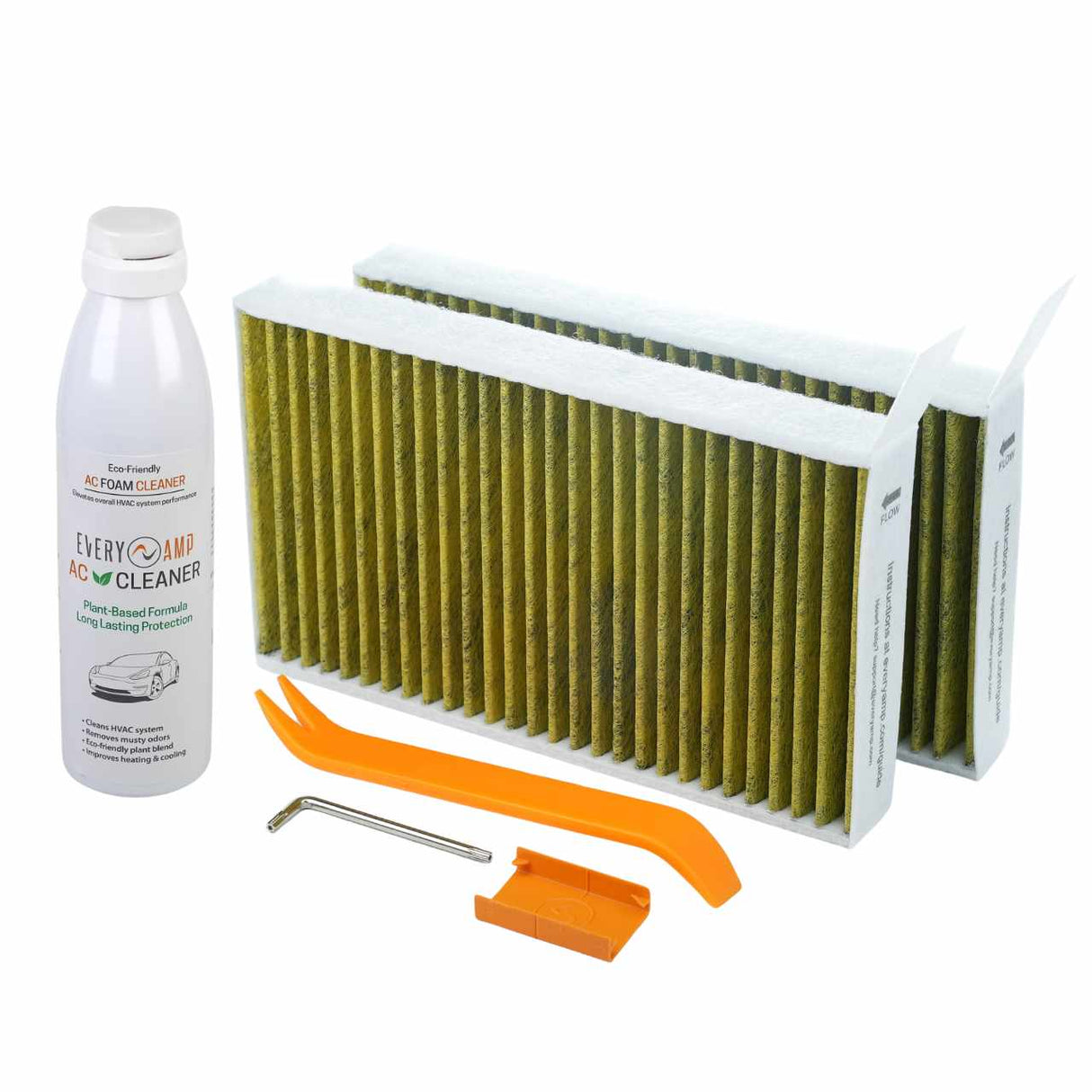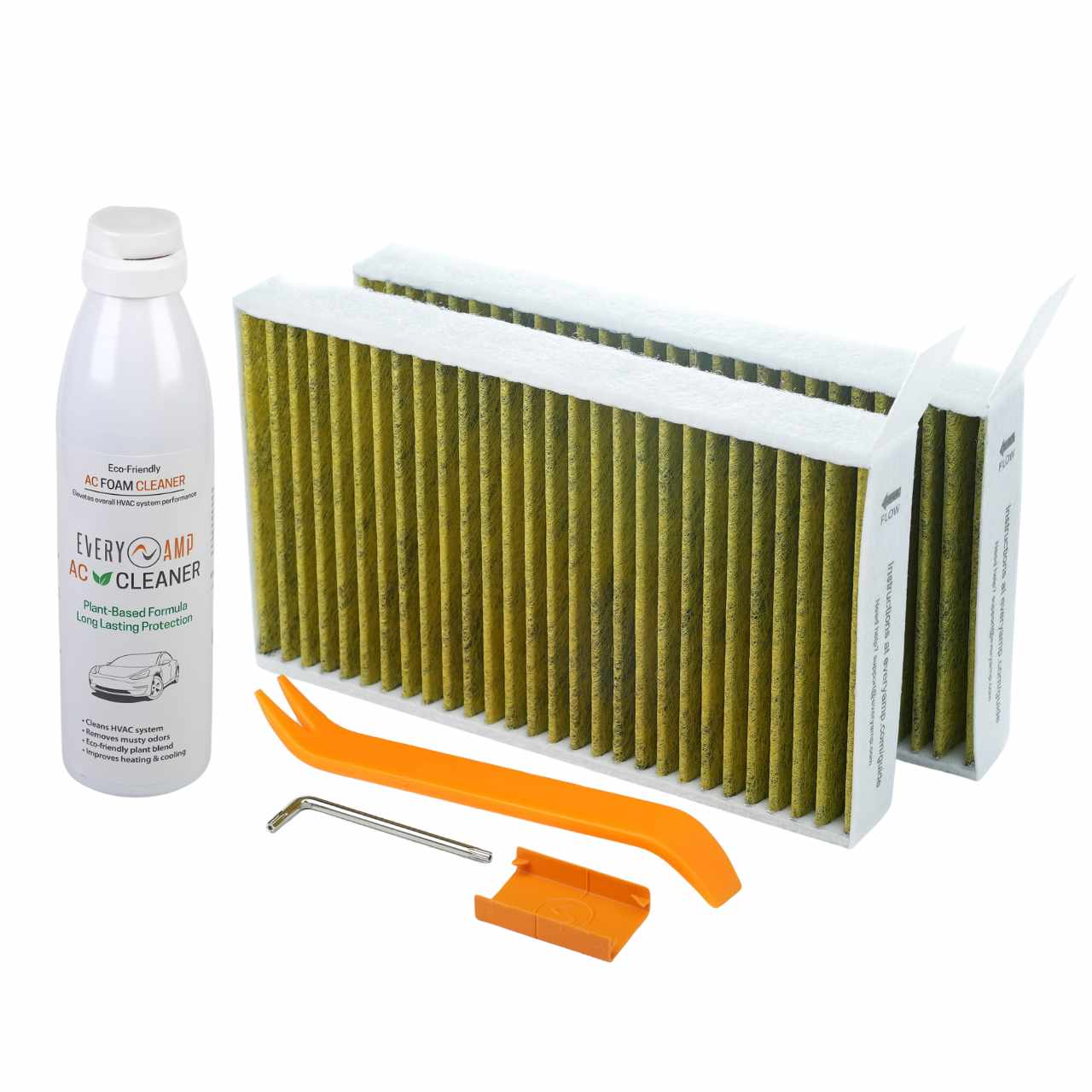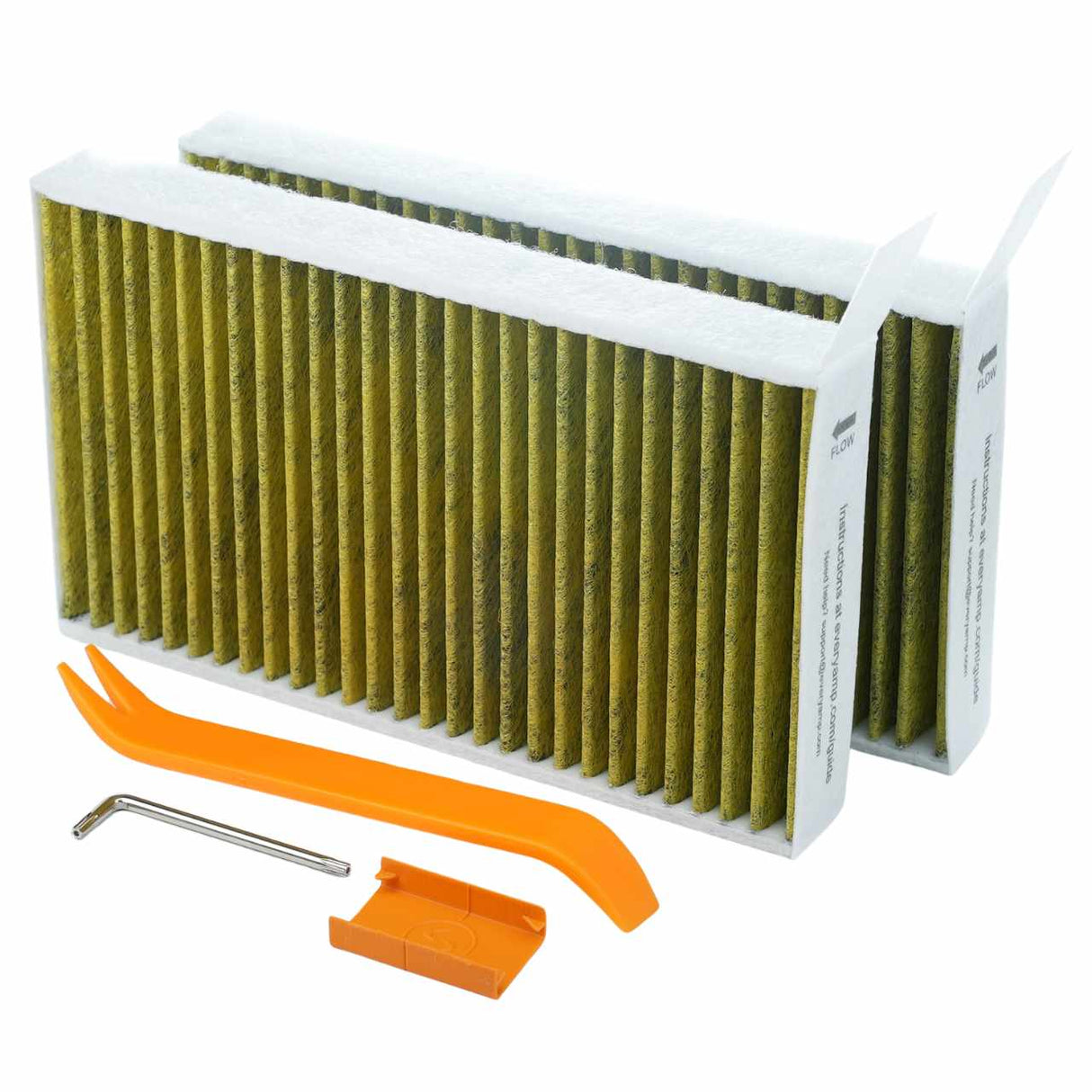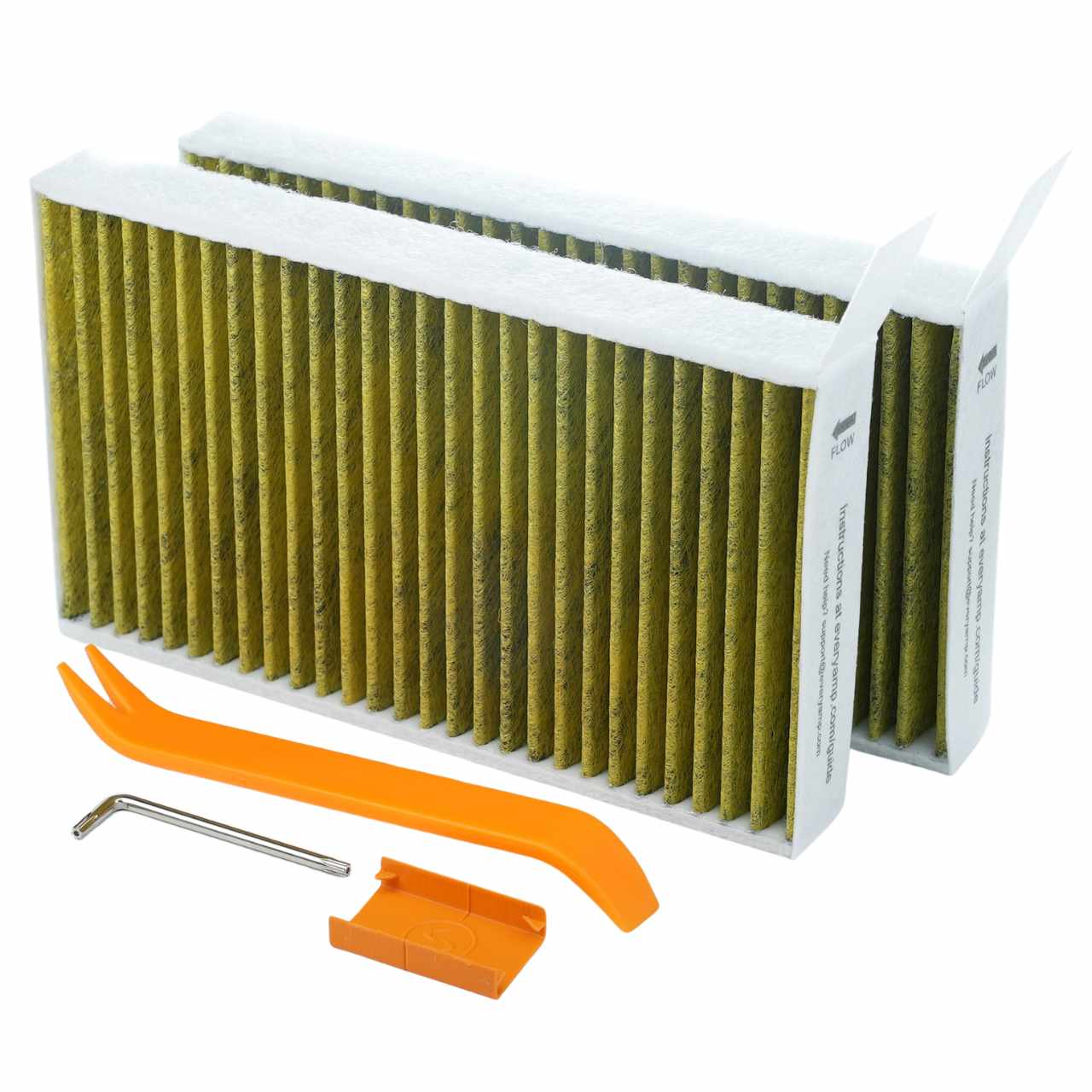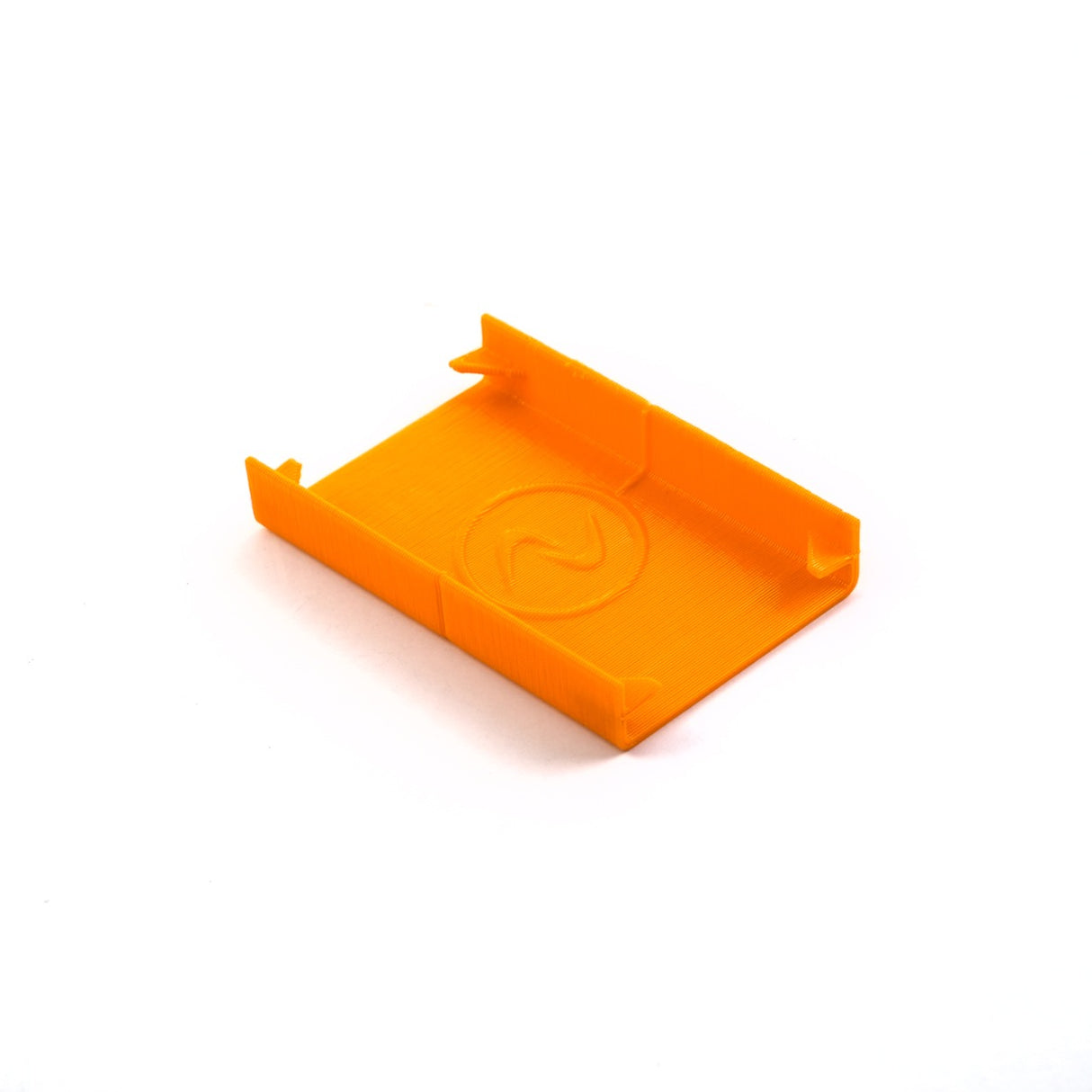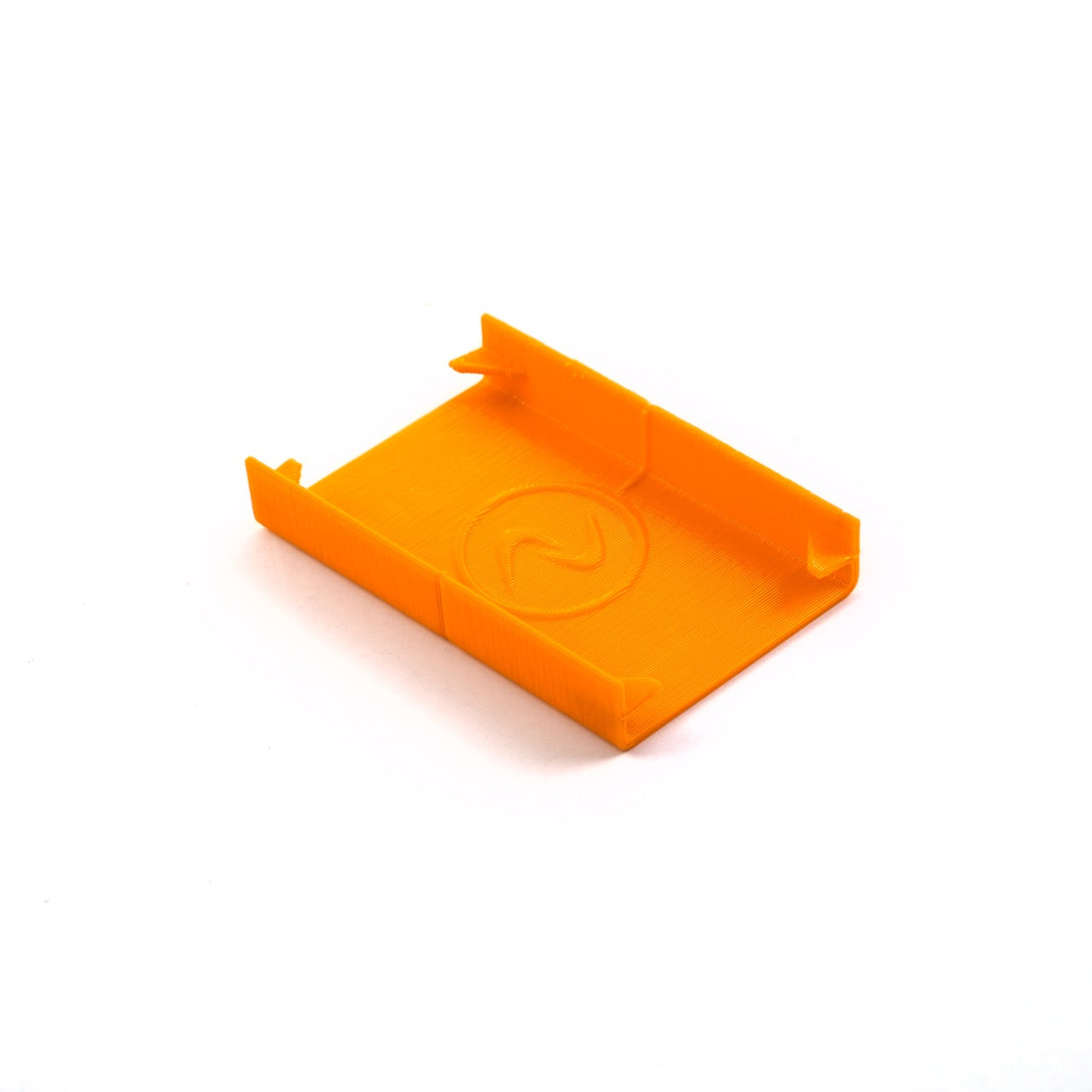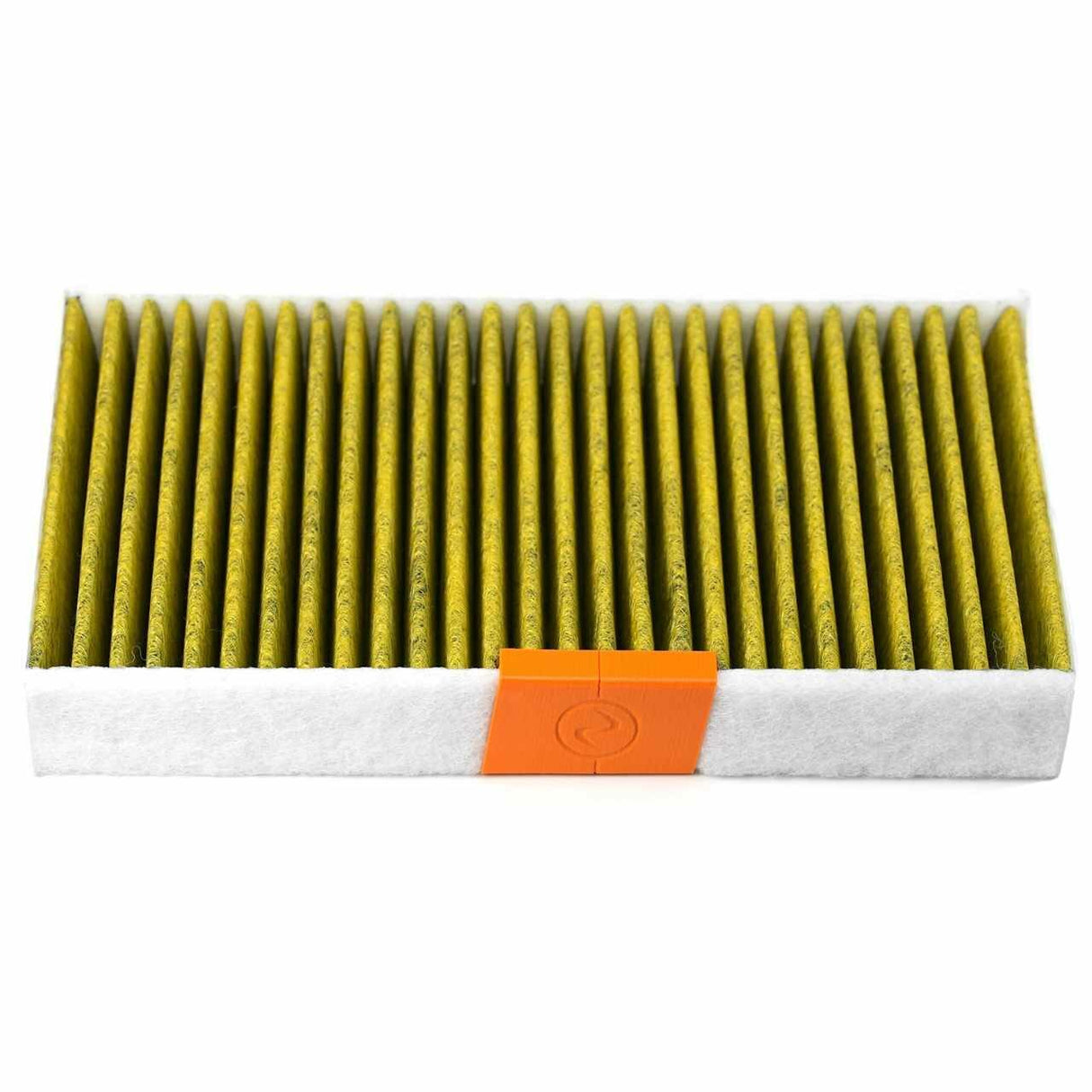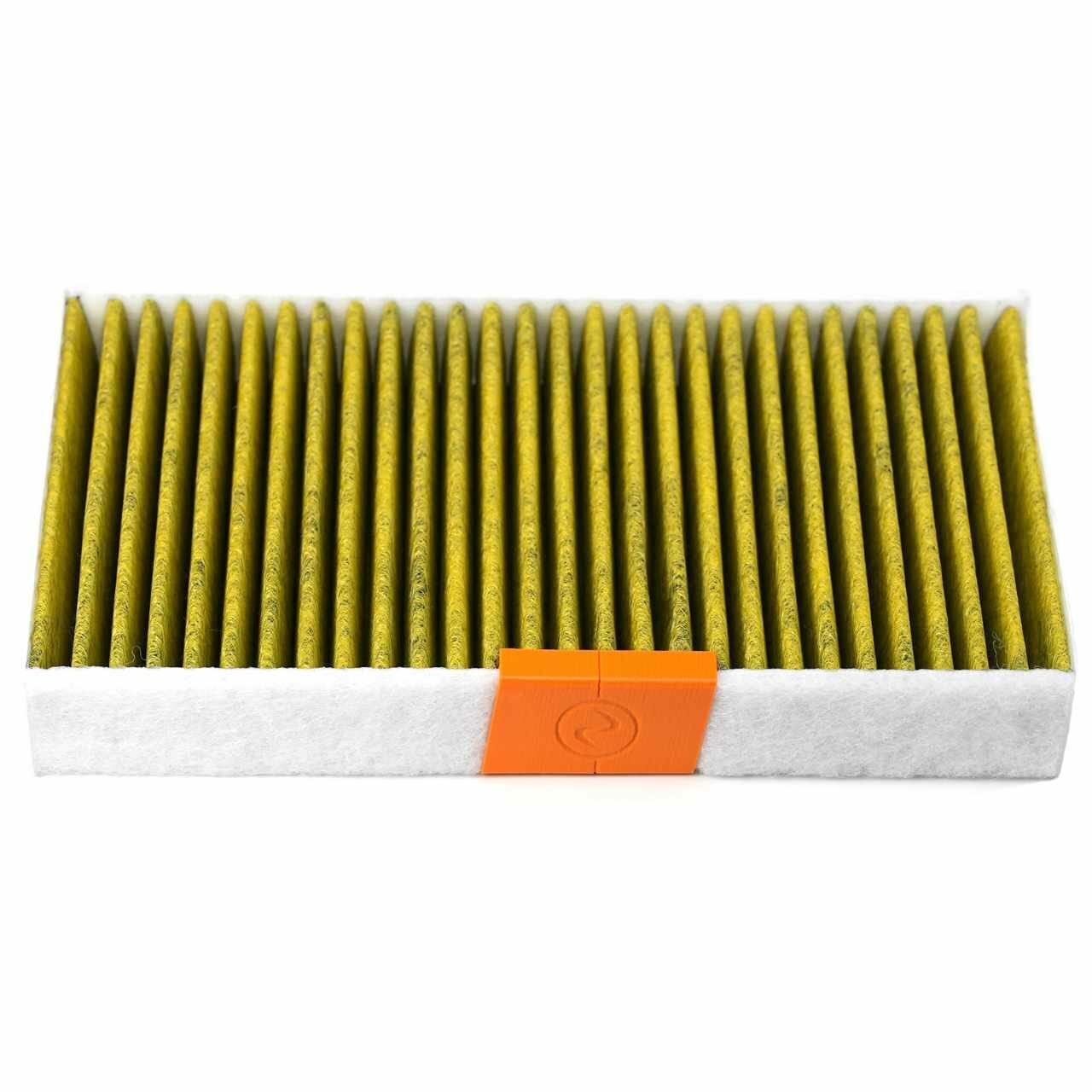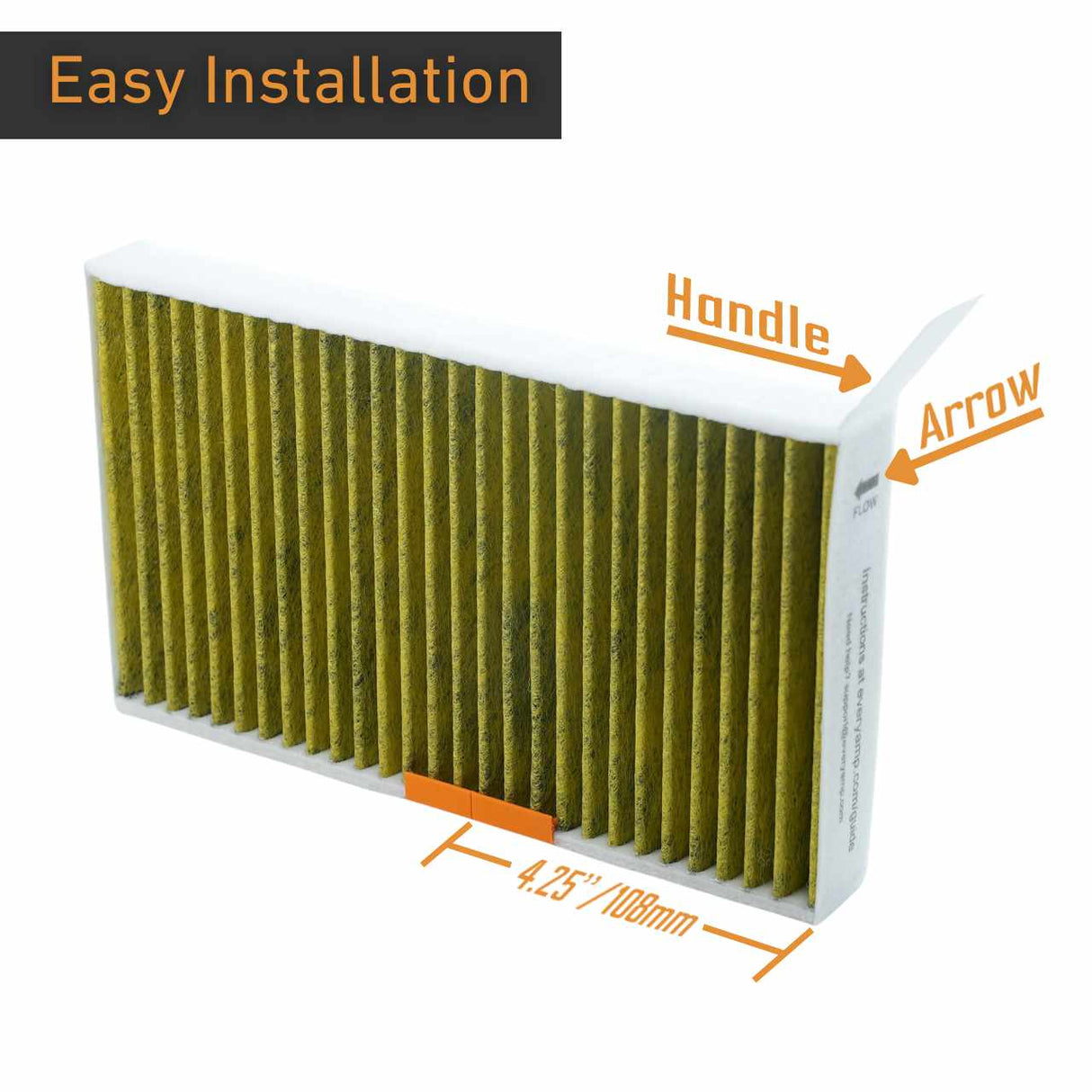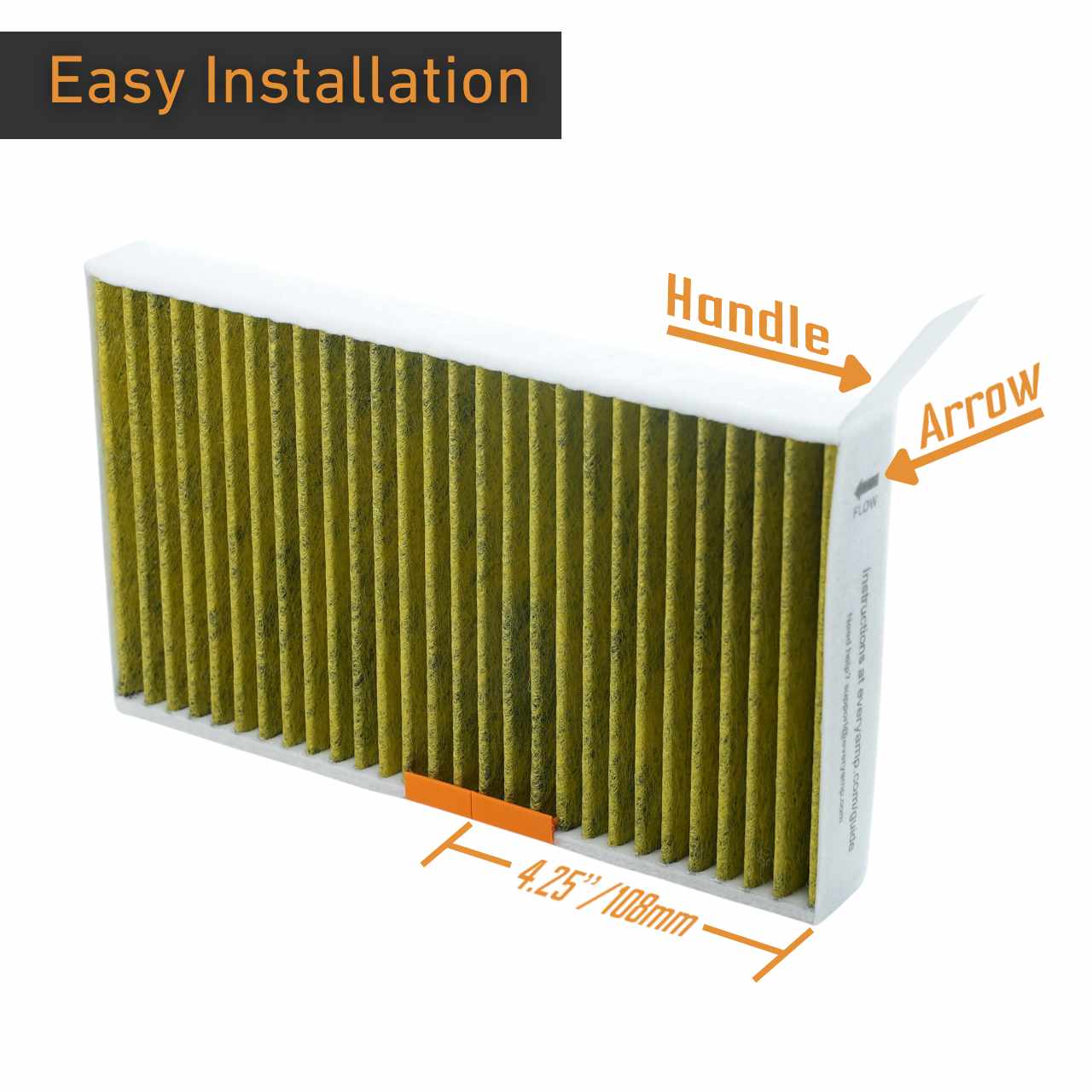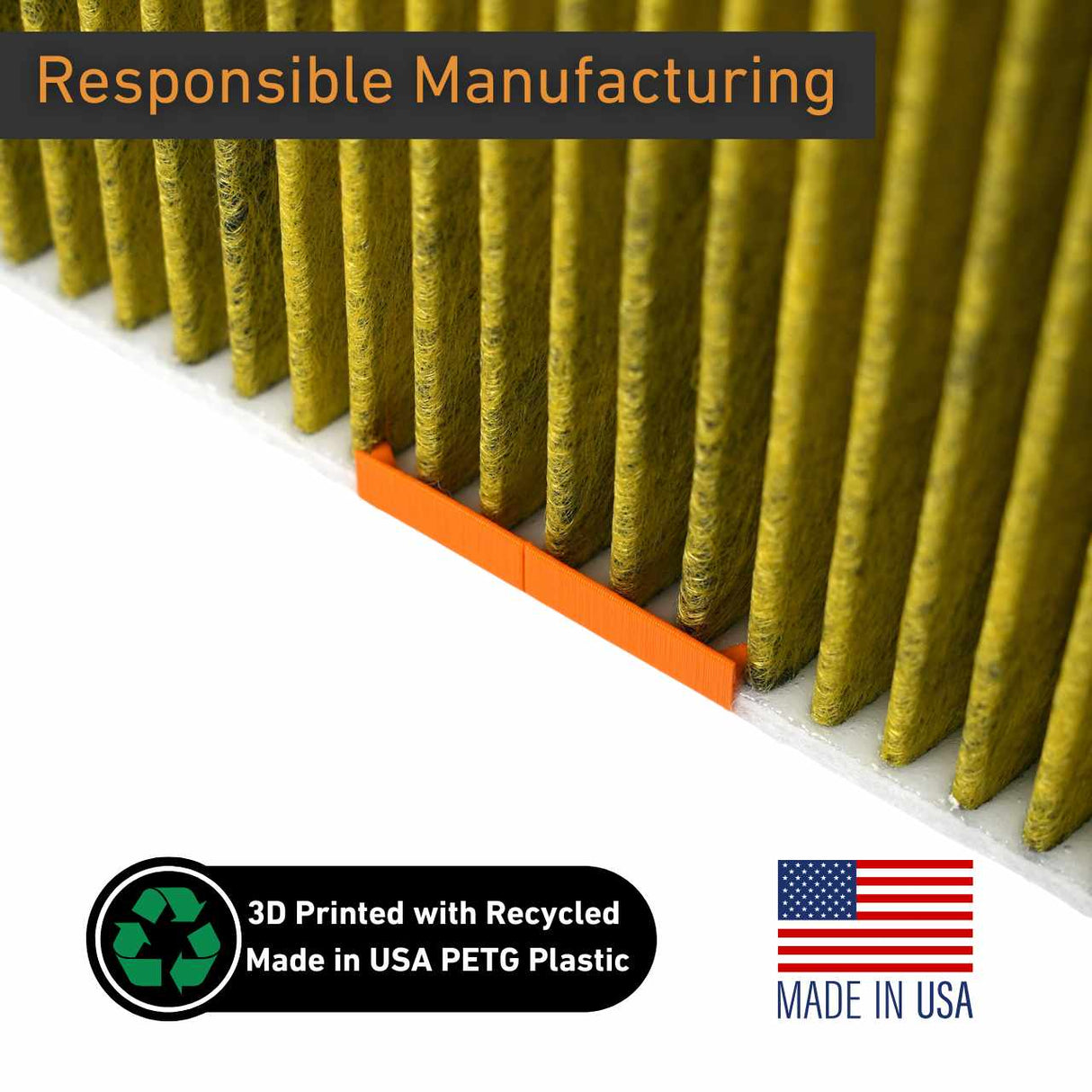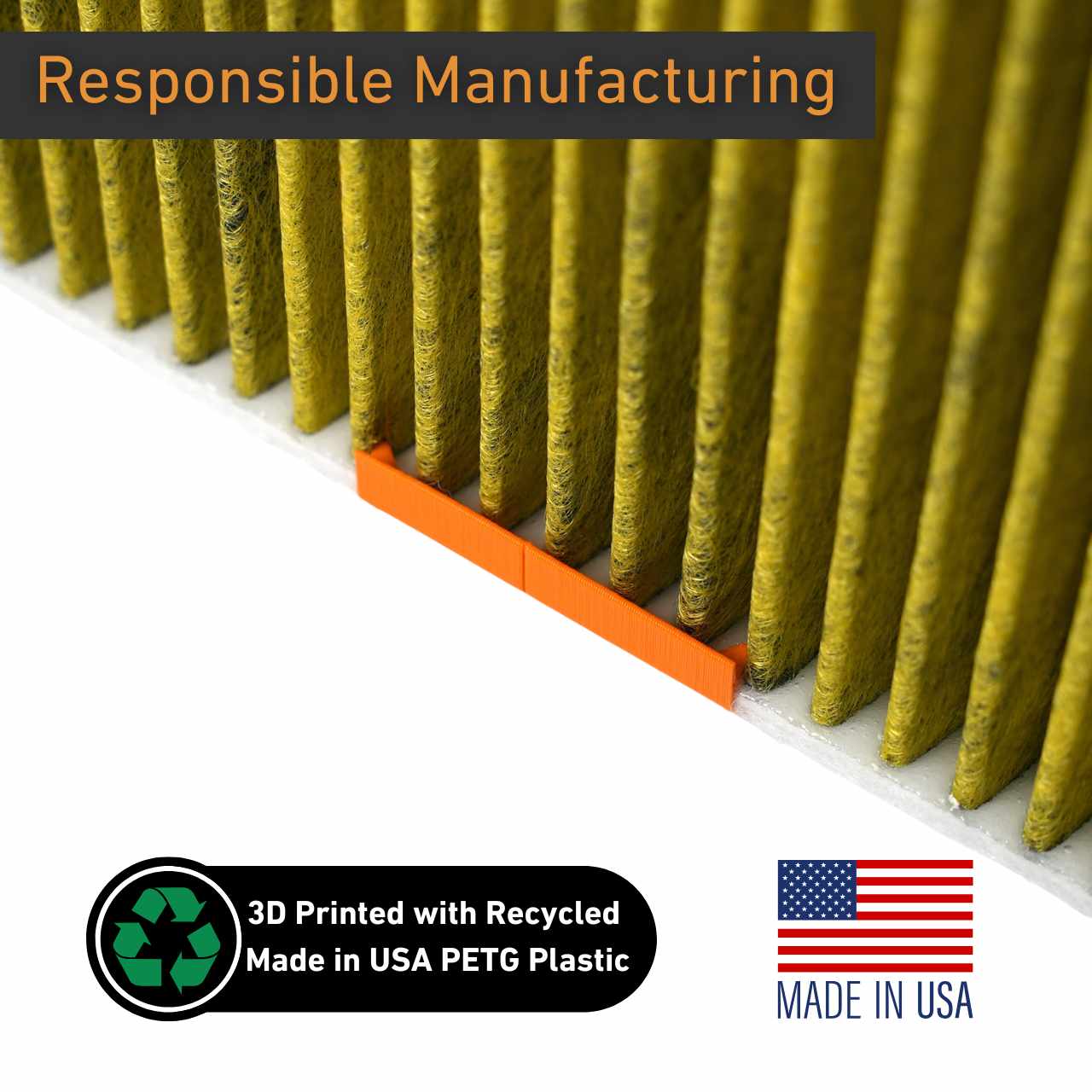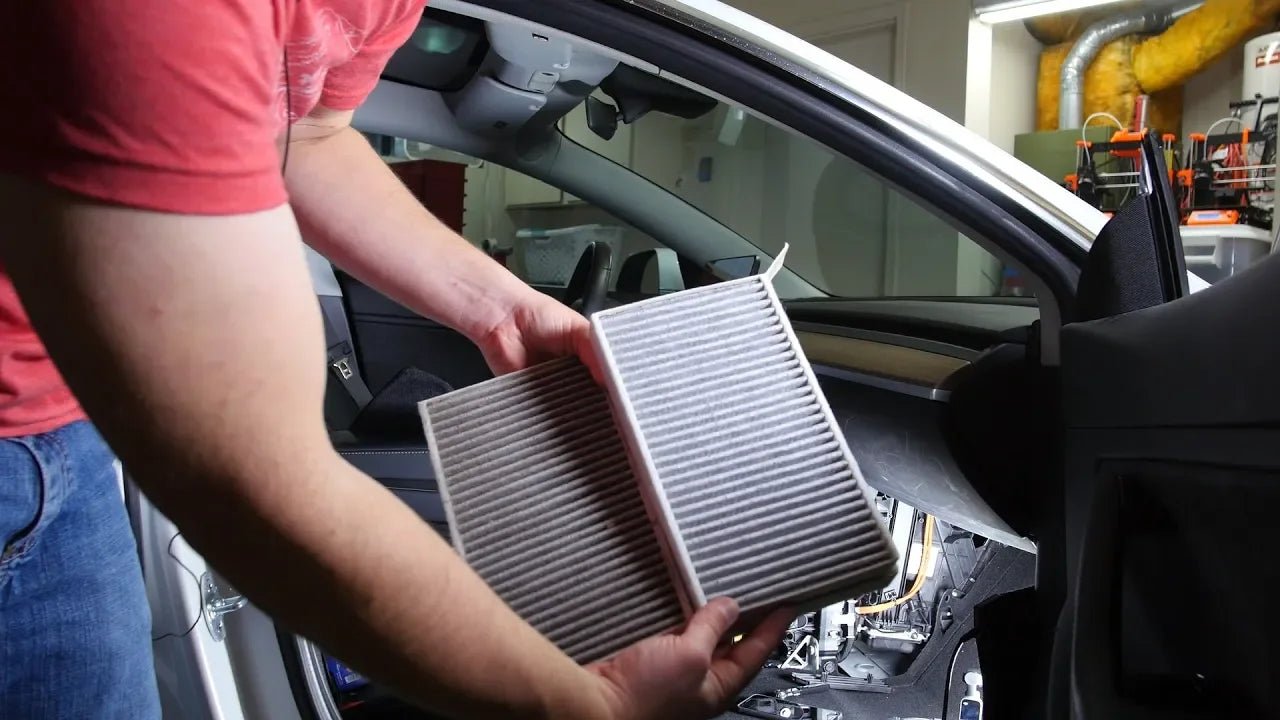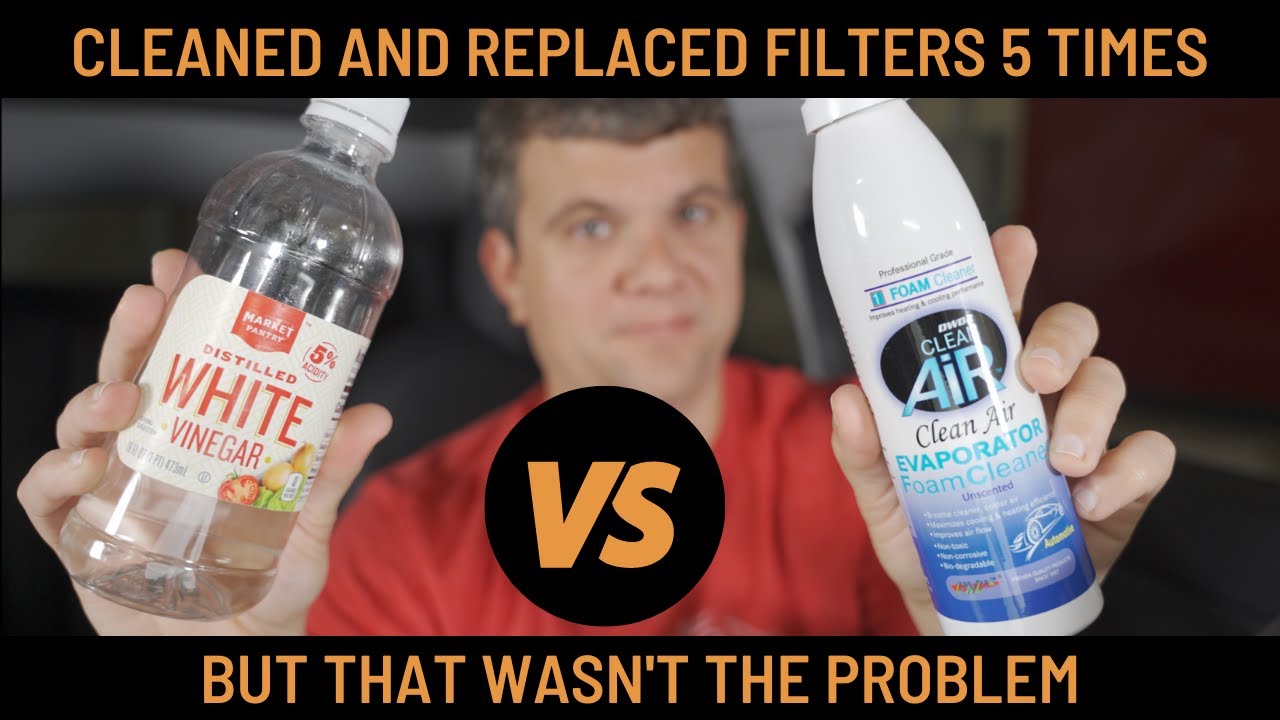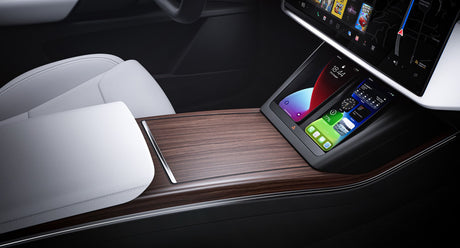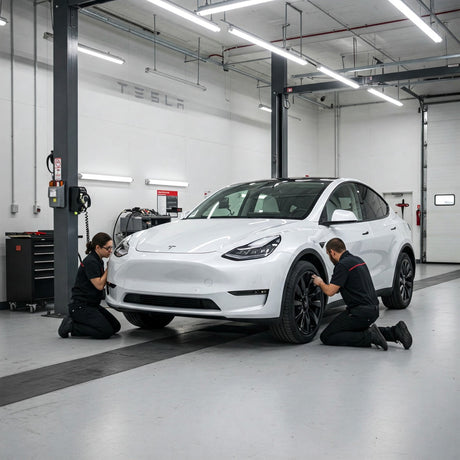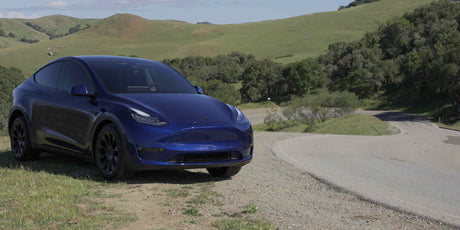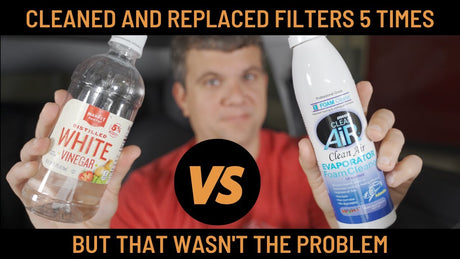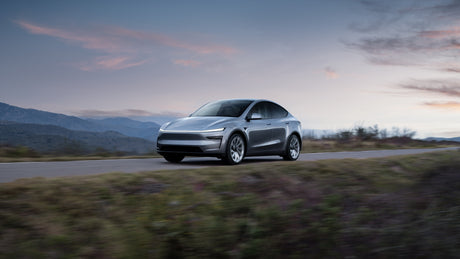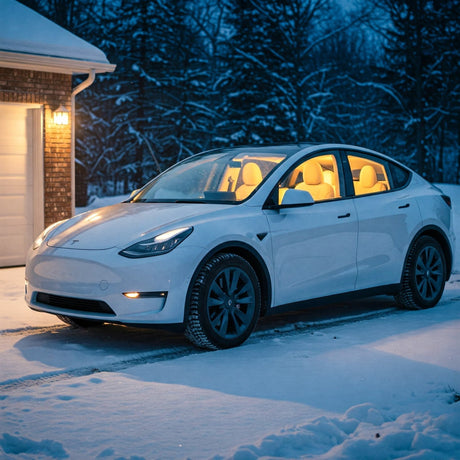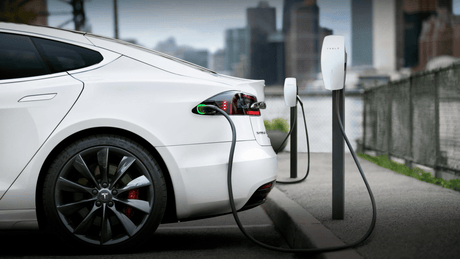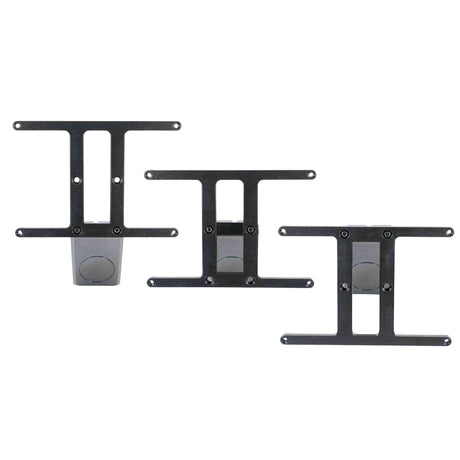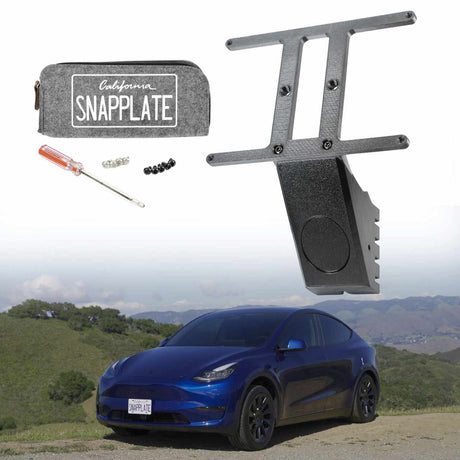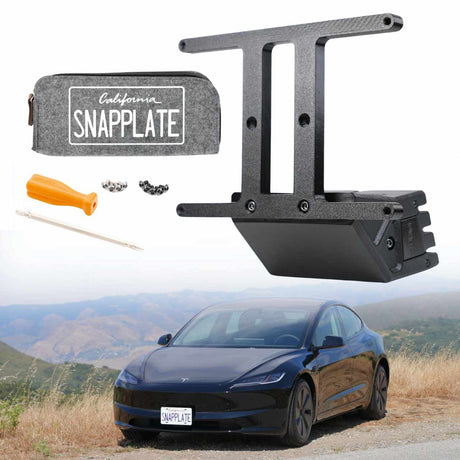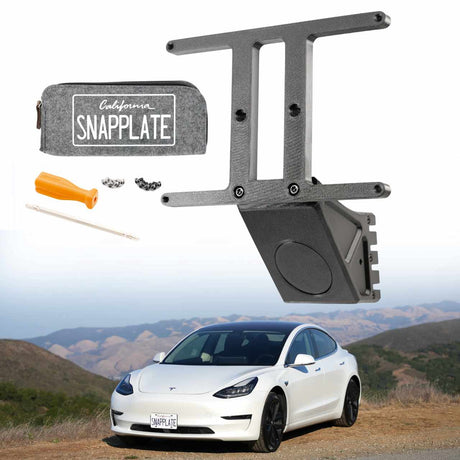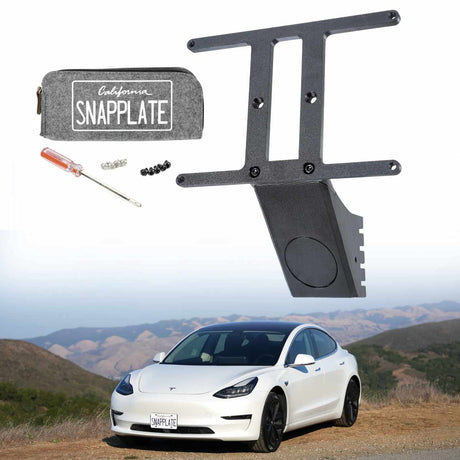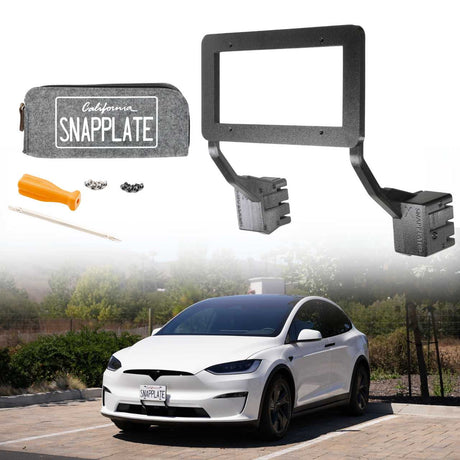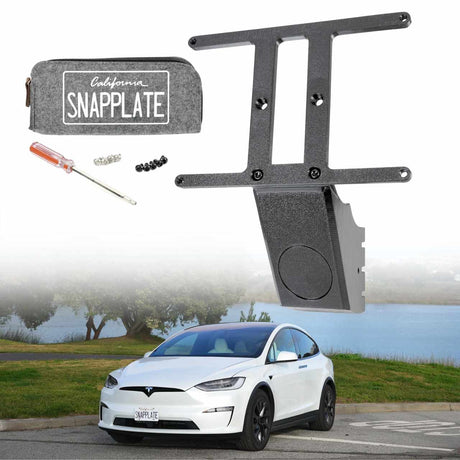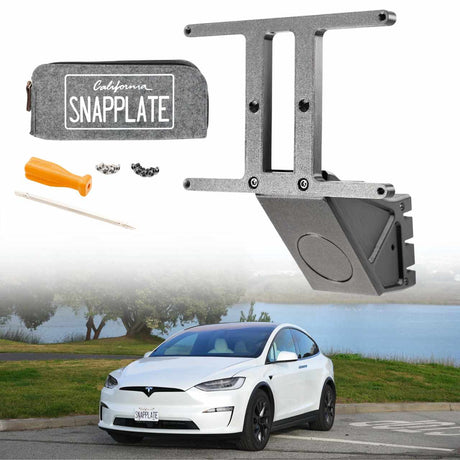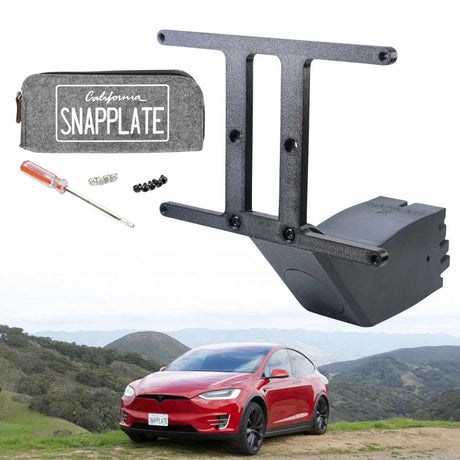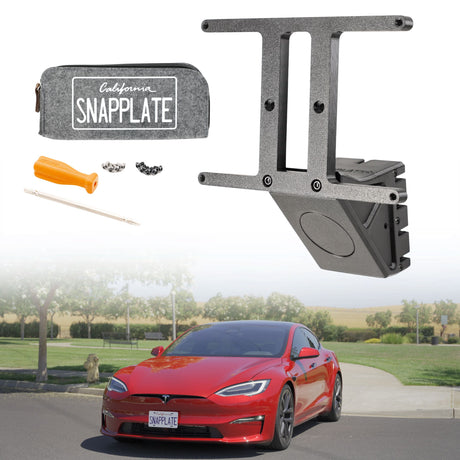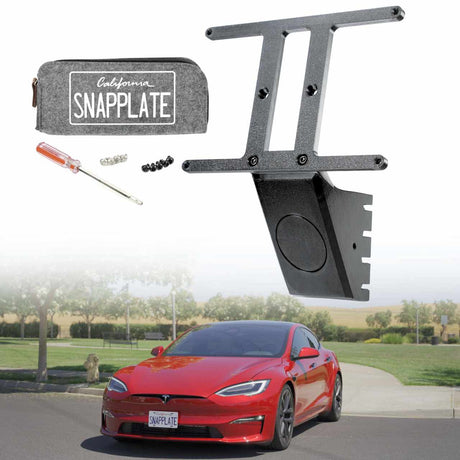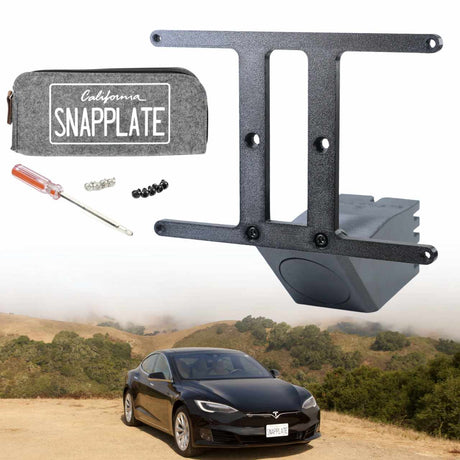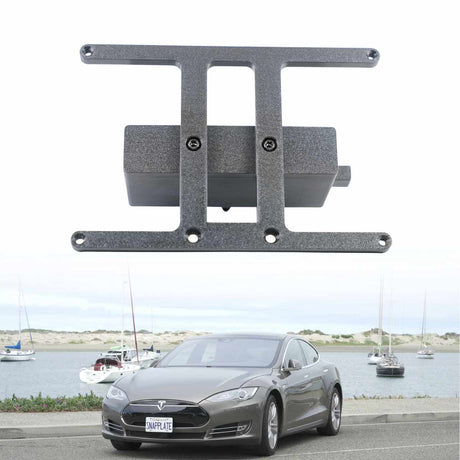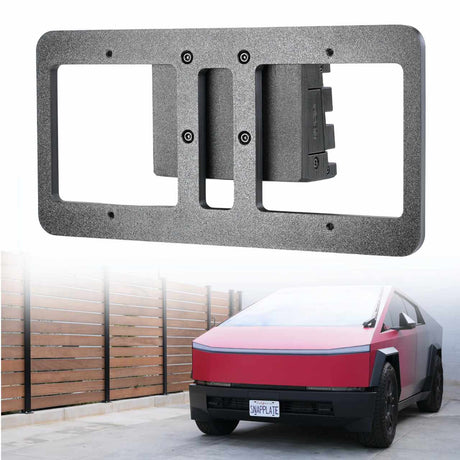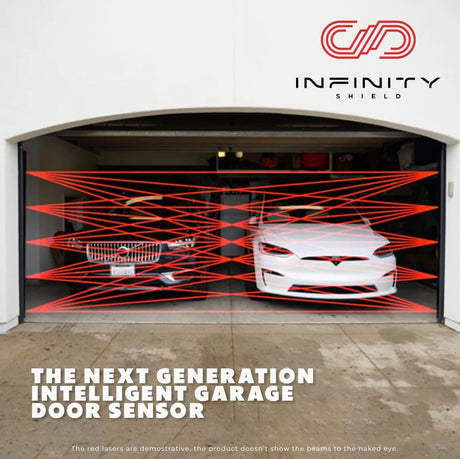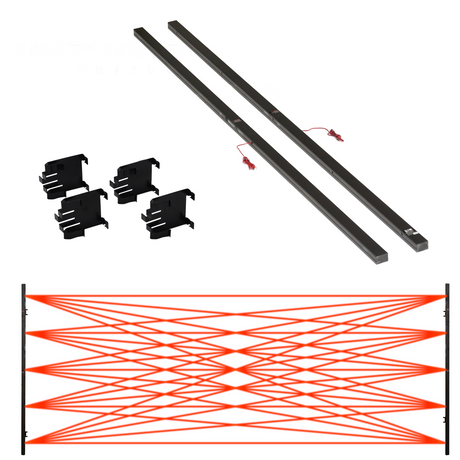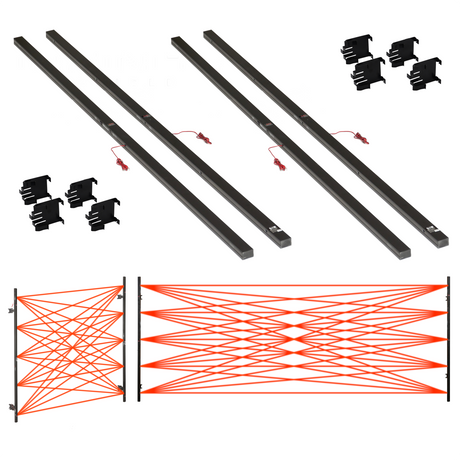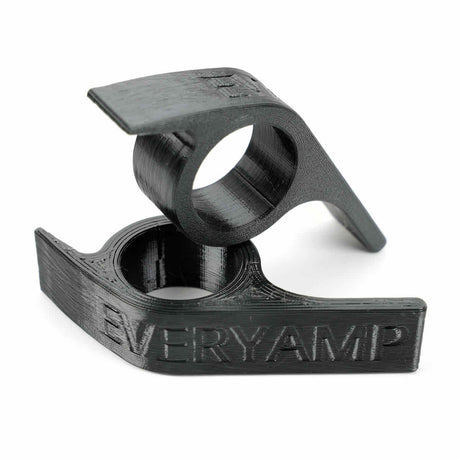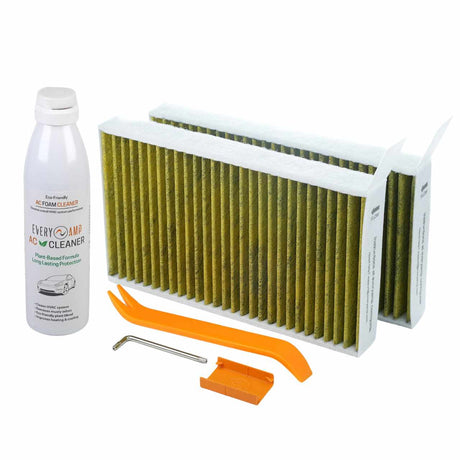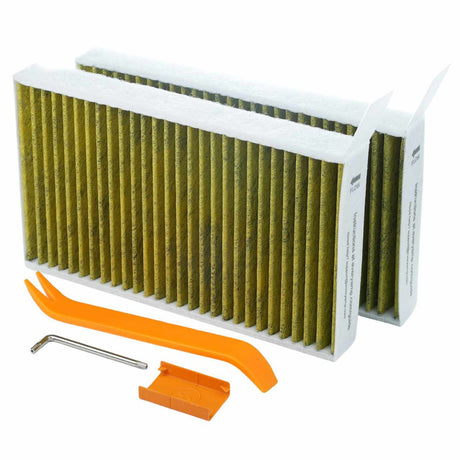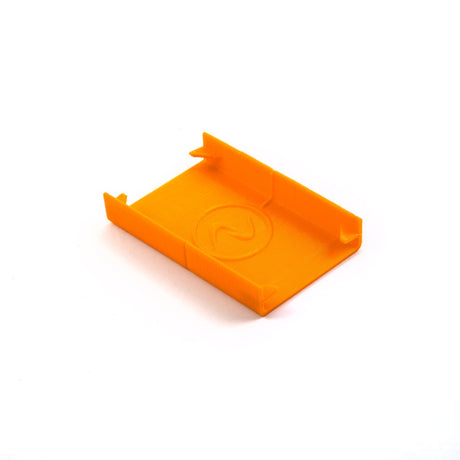Evaporator Cleaning Process
One of my most-watched YouTube videos goes over the cleaning process, so I know plenty of owners have needed to do it and plenty more have probably paid Tesla to do it. You can also find our detailed instruction guide here: Evaporator Cleaning and Moisture Barrier Clip Installation Instructions.
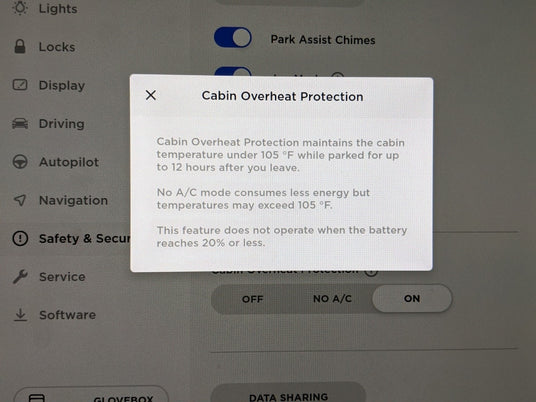
But WHY Does My Tesla AC Smell?
Now, Teslas certainly aren't the only vehicles that experience this, but they do seem to be more prone to it. It may be related to their unique cabin overheat protection feature (that gasoline vehicles don't have) that can run the air conditioner when the car is parked. Tesla even released a software update to modify this feature to combat the smell.
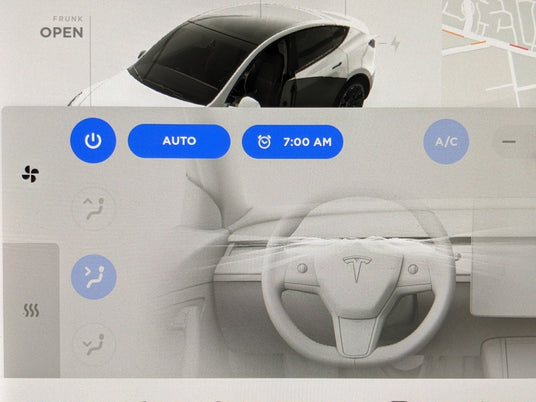
When Cleaning and Filters Didn't Work, What's Next?
One difference between my Model 3 and Y is the Y now comes with a heat pump, so I wondered if it was just more prone to the smell. I thought maybe the older resistive heaters in the 3 would get hotter and kill the bacteria better than a heat pump?
I also noticed that the Model Y heat pump was louder in some conditions. I'd hear a hissing noise when it was switching from slightly cooling the cabin to slightly heating. This was happening as long as we've had the car, so I had originally attributed this to a difference in the heat pump, but it seemed to be getting louder, so I was suspicious that something might not be right there.
Then, we had two instances of the air conditioner not cooling the car on hot days. We normally keep it on auto, so it ramps the fan up and down as needed.
Well, we were driving along and noticed that the fan was blowing really hard and the air wasn't cold. In both cases, it worked fine the next time we got in the car, but clearly something wasn't right.
So, I scheduled service. I sent a video of the hissing noise and they also asked for the dates and times the air wasn't cooling to research the logs. Even before they looked at the car, they told me there's a service bulletin they thought was related to the noise issue, so they were going to start there.
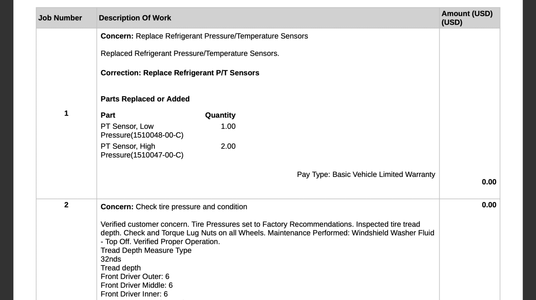
The Bigger Fix
Ultimately, here's what Tesla Service did:
For the service bulletin, they replaced two high pressure and one low pressure refrigerant sensors.
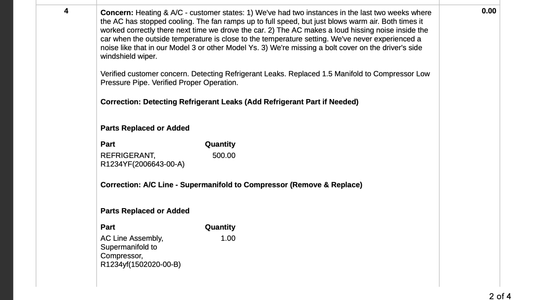
And they also found a refrigerant leak (that was likely related to the loss of cooling), so they replaced a refrigerant line and refilled the refrigerant.

